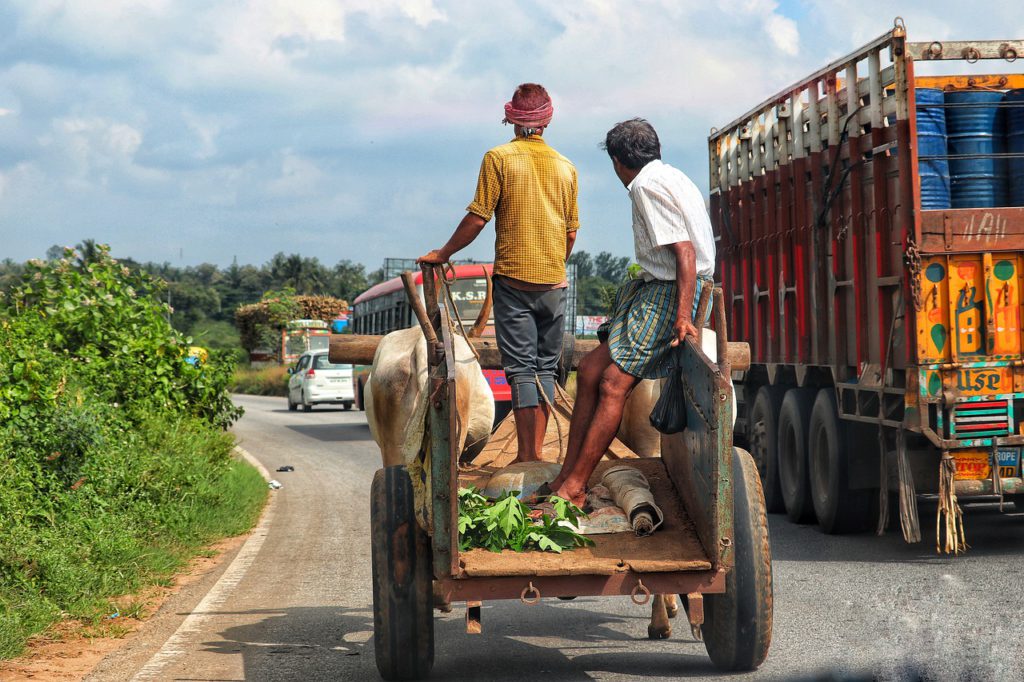Twin Balance Sheet Problem: Public sector banks funded infrastructure projects by large Indian conglomerates. Demand did not grow as expected, and companies could not pay back loans; and as they are government banks, they can’t take their loans back. Government has been trying different things, do not seem to be working. Demonetisation may be the latest one. Economic Survey 2016-17 observes:
“For some years the financing strategy has worked, in the sense that it has allowed India to grow rapidly, despite a significant twin balance sheet problem. But this strategy may now be reaching its limits. After eight years of buying time, there is still no sign that the affected companies are regaining their health, or even that the bad debt problem is being contained. To the contrary, the stress on corporates and banks is continuing to intensify, and this in turn is taking a measurable toll on investment and credit. Moreover, efforts to offset these trends by providing macroeconomic stimulus are not proving sufficient: the increase in public investment has been more than offset by the fall in private investment, while until demonetisation monetary easing had not been transmitted to bank borrowers because banks had been widening their margins instead. In these circumstances, it has become increasingly clear that the underlying debt problem will finally need to be addressed, lest it derails India’s growth trajectory.”
Global Warming Problem: Government plans to install 175 GW of renewables by 2021-22 are going well. What about the thermal capacity added from 2005-15. Thermal power plants are running at minimum loads, and independent power producers are suffering from losses. Simply, they will not pay their loans, government banks will suffer more losses, government will bail them out using people’s money. Growth will never touch the poorest of the poor. Power demand never grew more than 5-6 % in last few years, how did so much thermal capacity came up is a question, and now 175 GW of renewables ? Who is ultimately going to pay ?
Copying China: China seemed to have no plans either. They kept on creating capacity, increasing manufacturing, mining etc. and till the world could absorb it, they were doing well. Now they can concentrate on increasing their domestic consumption. GDP, everyone is fond of, will keep on increasing. India on the other hand always grew on consumption. But one can consume only till there is food on the table.
Corporates behave than Uber Driver: A person might be tempted to switch to driving Uber, when news comes in that Uber drivers are making good money. That person would take loan, and start earning good money as well. The news would spread, and more people join in. Obviously, the demand is limited. There are only as many people who could ride in Uber in that city. Uber drivers would start making losses, and may not be able to pay their loans, stop driving. But the capital got stuck in buying those unnecessary cars. Uber won’t care. they run a technology platform. Similarly, corporates rush in when they see an opportunity, not understanding the demand.







